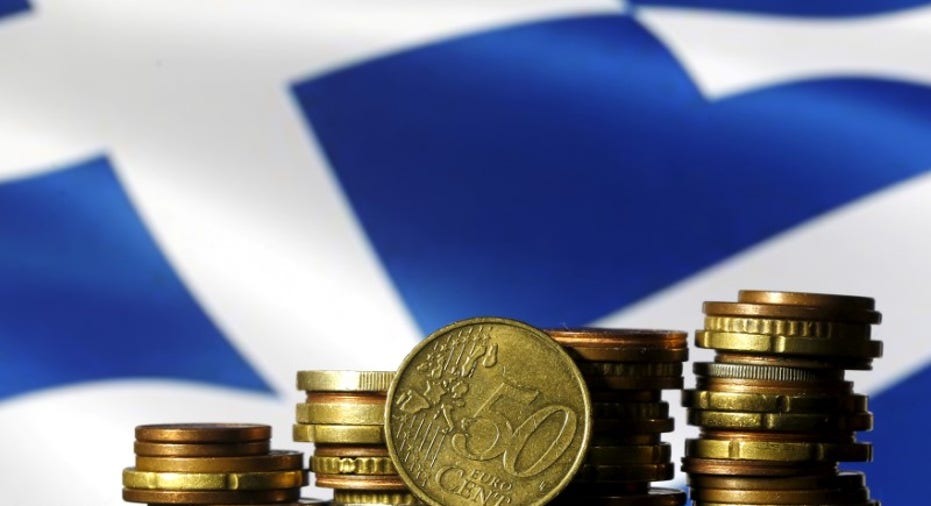Greece sees final solution on debt crisis amid euro uncertainty

ATHENS – Political uncertainty in Europe has created fresh momentum for a "comprehensive and permanent" solution to the Greek debt crisis before the year ends, a government spokesman said on Sunday.
Euro zone finance ministers will meet in Brussels on Monday to discuss short-term debt relief for Greece, and Germany's Wolfgang Schaeuble said it must implement reforms instead of hoping for further debt forgiveness.
Greece remained optimistic for a final debt deal, however, just as Italians are voting on a constitutional referendum on Sunday and a victory for the opposition 'No' camp may push the euro zone toward fresh crisis.
"Everyone realizes that Europe cannot stand a rekindling of the Greek crisis, when there are issues with Italy and amid a pre-election period in many European countries," Dimitris Tzanakopoulos told Athens 9,84 radio.
"The general uncertainty which prevails in Europe - which is both political and financial - creates ... a momentum for a comprehensive and permanent solution for the Greek issue."
Bank of Greece Governor Yannis Stournaras said new measures were needed to lighten Athens' debt burden. One option would be to extend the maturity of already granted long-term aid loans by some 20 years.
"Greece needs debt sustainability and more realistic fiscal targets after the completion of the current adjustment program (in 2018)," Stournaras told German business daily Handelsblatt in an interview to be published on Monday.
Athens has received three international bailouts since 2010 and its debt, at about 180 percent of GDP, is still the highest in the euro zone.
Talks between Athens and its official creditors as part of a bailout review have hit a snag on labor reforms including reviving collective bargaining on minimum wage and mass layoffs, in a country where unemployment stands at 23 percent.
Differences also remain over a projected fiscal gap in 2018, when Greece's program ends, and on energy reforms.
The EU and the International Monetary Fund are at odds over the country's fiscal targets after 2018. The IMF, which has yet to decide if it will participate in Greece's bailout program, says the target is unrealistic unless Athens is granted significant debt relief and adopts more austerity measures now.
"We've made clear that there is no chance we'll accept what the IMF demands on (austerity) measures and labor reforms," Tzanakopoulos said, calling on EU partners to support Greece.
Stournaras said it would be a good sign if the IMF remained on board.
"It would ensure more credibility for the program," the central banker said, adding that Athens' reform efforts were finally paying off and that the economy was on the right track.
Germany, Europe's paymaster, wants the IMF to join the program but says Greece does not need further debt relief.
Finance minister Schaeuble urged Athens to implement reforms: "If Greece wants to stay in the euro, there is no way around it - in fact completely regardless of the debt level," he told Bild am Sonntag in an interview on Sunday.
Tzanakopoulos said targets beyond 2018 could be discussed after medium- and long-term debt relief measures were outlined. A second Eurogroup meeting could seal the deal, he said.
The latest deadlock has sparked talk of early elections in Greece. The government has dismissed the rumors.
(Reporting by Renee Maltezou; Editing by Clelia Oziel)



















